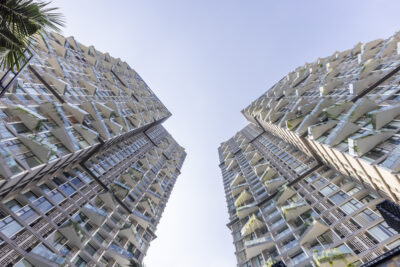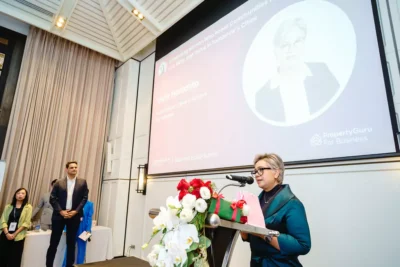Japan is so full of empty homes that it’s giving them away
If you’re lucky, the government would be willing to subsidise repairs of these unwanted assets
The Japanese government is disposing of its surfeit of “akiya”, or properties left vacant for protracted periods of time, at steep discounts, if not offering them for free.
Such units usually entice otherwise reluctant buyers to shell out anywhere between JPY500,000 and JPY20 million (USD4,428.50-177,140), according to CNBC. Local governments, including the Tochigi and Nagano prefectures, are even willing to subsidise repairs of the fixer uppers.
Akiya banks or online databases of empty houses are sprouting in many regions. One website listed several homes for free, exclusive of agent commissions, fees and other levies, CNBC noted.
By 2033, abandoned dwellings in Japan could grow to 21.7 million units, accounting for a third of all homes, research by the Nomura Research Institute showed via The Japan Times.
“These abandoned homes are toxic assets — they’re costly to maintain or to tear down,” Munekatsu Ota, head of Rakuten Lifull Stay Inc, a vacation rental firm, told the Times. “But a simple renovation could turn them into moneymakers.”
Almost a fourth of more than eight million unoccupied properties across the archipelago are deserted indefinitely, meaning they are neither for sale nor rent, a 2013 government report showed.
More than one in 10 homes were empty in Tokyo alone, as of last year.
Such figures could only increase as Japan’s birth rates dwindle while its senior population expands. The populace is poised to drop from 127 million to 100 million by 2050 — a “demographic time bomb,” experts say.
Empty homes also tend to be stigmatised and deter buyers for being sites of suicide, murder or “lonely deaths.”
Recommended
Dewan Architects’ Mohammed Adib leads with human-centred design and technological innovation in the Middle East and beyond
Mohammed Adib channels his childhood curiosity and dislike for design uniformity into his work at Dewan Architects + Engineers
UAE real estate shifts focus to sustainability and quality, revitalising iconic projects
The UAE has risen from its challenges to emerge as a more sustainable, quality-focused destination
Exploring A Life By Design’s maximalist approach to interior design
Andrea Savage is embracing the maximalist trend with bold and vibrant interior designs
Jakarta’s emerging innovation hub integrates tech and healthcare sectors
The Digital Hub in BSD City is being positioned as Indonesia’s counterpart to Silicon Valley







